Keywords: Mental Health
There are more than 200 results, only the first 200 are displayed here.
-

AUSTRALIA
- Paul Mitchell
- 19 October 2021
2 Comments
Millions of Australians are slowly emerging from another lockdown and it’s again reported our mental health has suffered. The Victorian Government recently announced 93,000 hours for mental health clinicians to work across the state, and the delivery of 20 pop-up community mental health sites.
READ MORE 
-
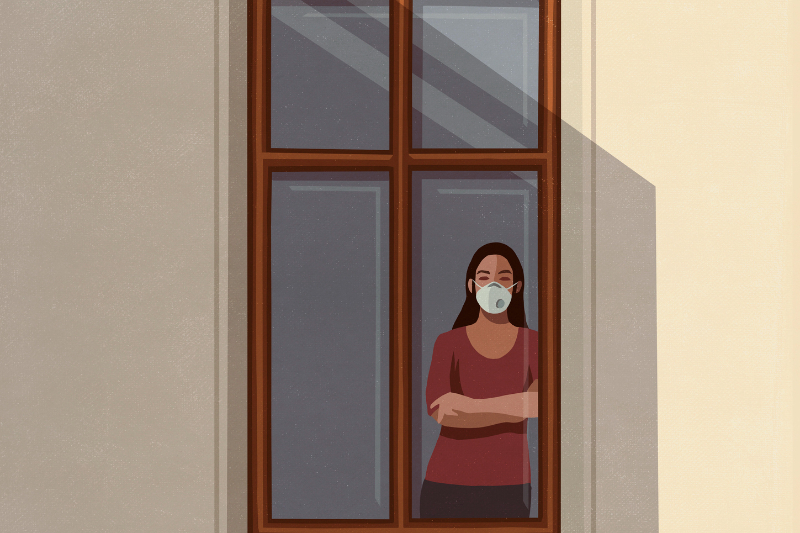
ARTS AND CULTURE
- Jennifer Gribble
- 14 October 2021
8 Comments
Well before the pandemic, the future for poetry’s slim volumes was looking far from healthy. Last November, the threatened closure of UWA Press, one of the largest publishers of poetry in Australia, drew attention to the narrowing opportunities for emerging poets to make their mark.
READ MORE 
-

ARTS AND CULTURE
- Barry Gittins
- 11 October 2021
4 Comments
I have decided to observe October as a month to observe other people observing things. For me, there was a sense of self crumbling under the weight of being house arrested for the good of all. Gravitas, like gravity, can be crushing; I knew I needed a break from howling at the Moon (16 October is the ‘international observe the Moon night’). So to the calendar I turned.
READ MORE 
-
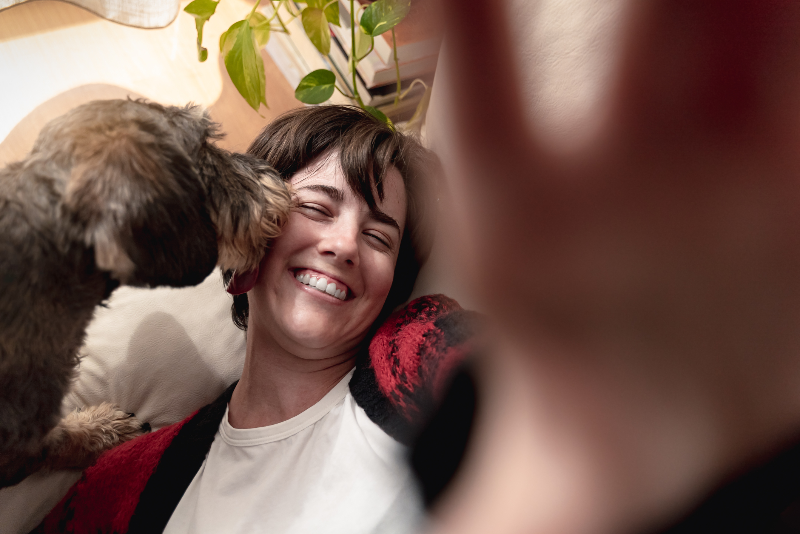
ARTS AND CULTURE
- Catherine Marshall
- 30 September 2021
3 Comments
For almost two years our pets have had us all to themselves. Everywhere I go now, the dogs follow: to the study, to the television, to the bathroom, to bed. I’m the recipient of that same loyal companionship sought out by so many during the pandemic: across the world, demand to adopt or foster animals — and dogs, in particular — has surged.
READ MORE 
-

ARTS AND CULTURE
- John Cranmer
- 28 September 2021
In this experience of place and moment / is a knowing of timelessness / offering persistent invitation into a deepness of silence / Silence knowing and living out / the roots of a self-aware becoming / sometime known as eternity
READ MORE 
-

AUSTRALIA
- Andrew Hamilton
- 15 September 2021
7 Comments
A striking feature of the Australia’s path through Coronavirus has been the coming out of epidemiologists and social biologists. From being little known members of small institutes they became rock stars, invited to press conferences, deferred to by politicians, selectively chosen for comment by the media, but also resented by representatives of big business and defenders of individual freedom.
READ MORE 
-
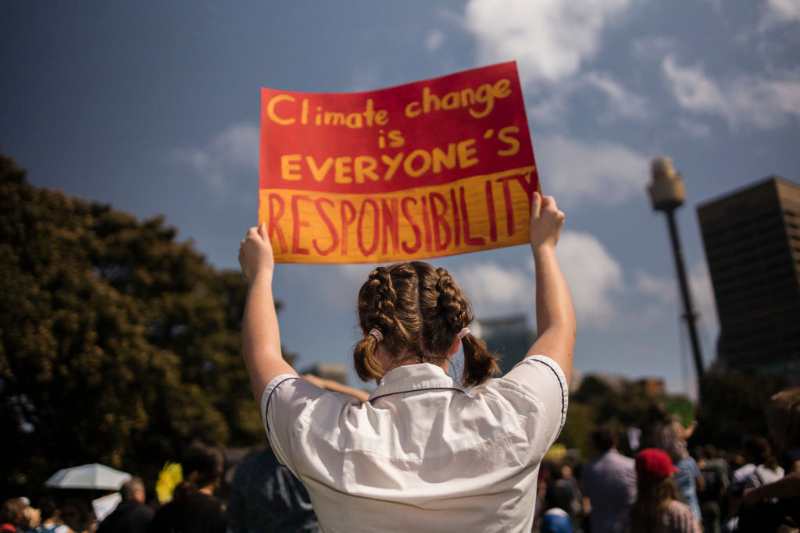
ENVIRONMENT
- Cristy Clark
- 13 September 2021
7 Comments
It was reported recently that Coalition MPs have been calling for an expansion of the government’s school chaplaincy program in order to reduce the mental health impacts of climate change ‘activism and alarmism’ on children. Yes, that’s right, they want to address the mental health impact of activism, not the impact of the actual, visible effects of climate change itself, or the very real threat that it poses to children’s futures.
READ MORE 
-
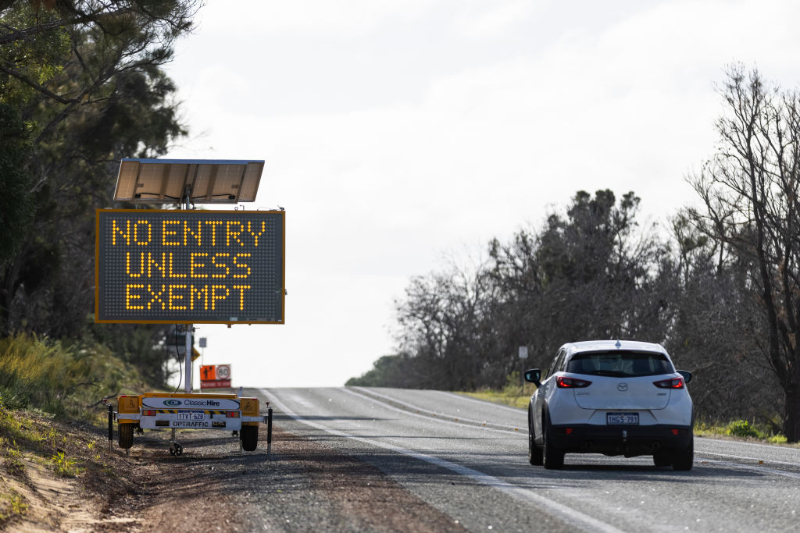
AUSTRALIA
- Frank Brennan
- 09 September 2021
5 Comments
Clive Palmer is one Australian wanting to smash border restrictions during this time of pandemic. He is threatening to go back to the High Court seeking recognition of his right as an Australian citizen to travel freely between the States. In particular he claims the right to enter Western Australia where he has significant mining interests.
READ MORE 
-
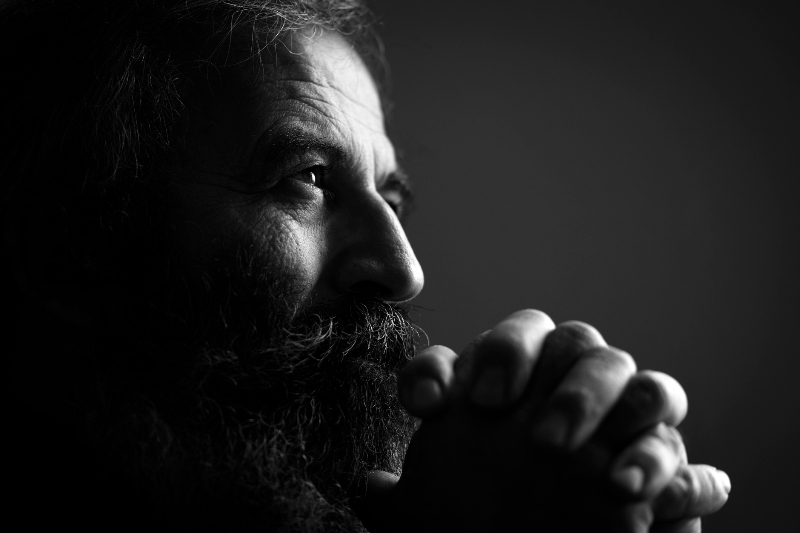
AUSTRALIA
- Barry Gittins
- 09 September 2021
1 Comment
What does it take to lose hope? For the 4,000 people who attended the anti-lockdown protests in Melbourne last month, an odd coalition of the frustrated, the scared, the angry and the hurt, it takes 18 months of pain and the ensuing changes in employment status, isolation from family and friends, and losses in lifestyle and individual liberties.
READ MORE 
-

AUSTRALIA
- Andrew Hamilton
- 02 September 2021
11 Comments
As restrictions drag on and the number of infections rises, more Australians are asking when lockdowns can cease. Federal politicians and business leaders have argued the case for a quick ending while claiming the authority of scientists. Science being science, the relevant questions have been tied to numbers. They have asked: how few cases should there be in the community before leaving lockdown? What percentage of the community must be vaccinated before the lifting of restrictions? What number of deaths should be tolerated for the gains of opening the economy? And when precisely should the opening of Australia take place?
READ MORE 
-
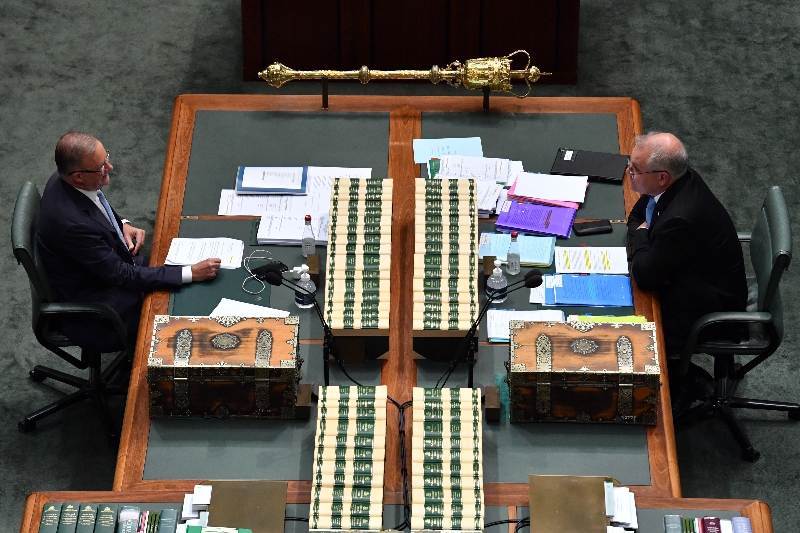
ECONOMICS
- Chris Smith
- 31 August 2021
11 Comments
In July, Anthony Albanese announced a significant change of stance on Labor tax policy which was disappointing, if not surprising. An elected Labor government, Albanese promised, would keep the coming high income tax cuts he previously opposed. This decision to not oppose the government proposal to restructure the income tax system through reduced marginal rates is supporting a government policy that will lead to a significant redistribution of wealth towards high income earners.
READ MORE 
-

AUSTRALIA
- Paul Cutler
- 24 August 2021
21 Comments
I believe in the rule of law and I appreciate that the proper application of the law does not always produce a fair or popular result. I also believe that Australia's refugee policy is too harsh and deeply flawed. However, that policy is bipartisan and appears to be inexplicably popular. The same 'fortress Australia' mentality is evident in our efforts to contain Covid-19.
READ MORE 